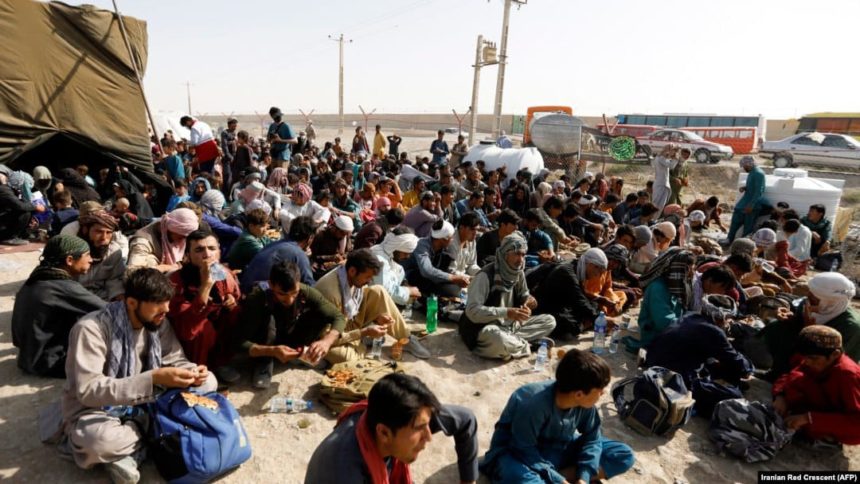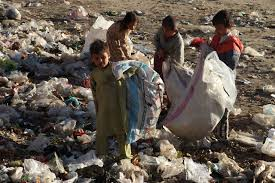RASC News Agency: The head of Iran’s National Immigration Organization, responsible for managing undocumented nationals, recently announced the forced deportation of 450,000 Afghanistani refugees from various regions across the country. This decision comes as both Pakistan and Iran intensify their efforts to deport Afghanistani refugees. Jawad Khani, the official in charge, stated that the deportation of undocumented asylum seekers began earlier this year and is still ongoing. The individuals being expelled are those who had been residing illegally in Iran. They are being collected from eight provinces, namely Tehran, Sistan and Baluchistan, Khorasan Razavi, Qom, Kerman, Yazd, Fars, and Alborz, which accommodated the majority of the asylum seekers.
Despite international efforts to halt the forced deportation of Afghanistani refugees from Pakistan and Iran, reports indicate that both countries remain determined to proceed with their decision. daily reports of expelled Afghanistani refugees emphasize the dire living conditions they face upon returning to Afghanistan. Due to factors such as poverty, unemployment, fear of the Taliban, and the overall unstable situation in Afghanistan, many Afghanistani citizens have fled their country and sought refuge in neighboring nations. Although authorities worldwide have expressed concerns about the forced deportation, Pakistan and Iran continue to implement their plans.
It is essential to acknowledge the significant impact of the Taliban’s resurgence in Afghanistan, leading to an influx of citizens fleeing the country and seeking asylum in neighboring nations. The reasons behind their migration vary, including economic hardships, lack of job opportunities, fear of the Taliban, and the overall instability within Afghanistan. Despite the international community’s efforts to address the situation and prevent the forced deportation of Afghanistani refugees, Pakistan and Iran remain resolute in their decision to proceed with the deportations. Media reports frequently highlight the dire circumstances faced by these refugees, underscoring the urgent need for a comprehensive and compassionate approach to address their plight.






